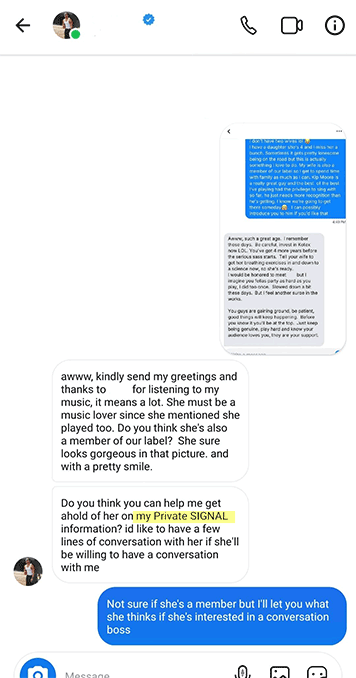
Tim Dixson prided himself on being Silicon Valley’s most tech-savvy Feng Shui consultant. His unique blend of ancient wisdom and modern design had earned him quite a reputation among the area’s startup executives. However, his expertise in harmonizing spaces didn’t extend to cybersecurity, as he was about to discover one fateful morning at The Binary Bean café.

Settling into his favorite corner spot (chosen for optimal energy flow, naturally), Tim connected to “FREE_COFFEE_WIFI” without a second thought. He was deep in the middle of drafting an important proposal for a major tech company’s new meditation room when his laptop started behaving… peculiarly.
First, his cursor began rearranging his desktop icons into perfect Feng Shui formations — except he wasn’t the one doing it. Then, his proposal document started filling up with emoji crystals and digital wind chimes. To his horror, someone was remote accessing his computer!

But the real crisis came when the hacker found Tim’s client list. Within minutes, all of Silicon Valley’s top executives received emails about their “urgent need for energy cleansing” and a special offer for “digital bagua mirrors” at the low, low price of $999.99. The worst part? Several CEOs actually replied with their credit card information!
Mortified, Tim had to spend the next week explaining to his clients that no, their offices weren’t cursed with digital bad luck, and yes, they should probably cancel those credit cards. His reputation for creating harmonious spaces was temporarily overshadowed by creating what one client called “the biggest chi-clustering mess of my career.”

The Lessons Tim Learned (So You Don’t Have To):
- Always use a VPN when connecting to public Wi-Fi. Think of it as a digital bagua — a protective shield for your data.
- Enable your firewall and keep your software updated. Just as you wouldn’t leave your front door open during a negative energy cleansing, don’t leave your digital doors unlocked.
- Avoid accessing sensitive information (like client details or financial data) while on public Wi-Fi. Some things, like money matters and confidential documents, should only flow in private spaces.
- Verify the legitimacy of public Wi-Fi networks. “FREE_COFFEE_WIFI” might actually be “HACKER_STEALING_YOUR_STUFF_WIFI” in disguise. Ask staff for the official network name.
- Use HTTPS-enabled websites only. The ‘S’ stands for secure, or as Tim now calls it, “Spiritually Protected Surfing.”
Today, Tim’s consulting business is thriving again, and he’s added “Digital Space Harmony” to his services. He now starts every consultation with a quick check of his clients’ Wi-Fi security — right after assessing their room’s energy flow, of course.

As Tim likes to say, “Good Feng Shui means nothing if your chi is leaking through an unsecured network.”

Looking to bring your story to life? I’m a professional writer, ghostwriter and cybersecurity expert available for creative and commercial projects. Let’s collaborate on making your vision a reality. Learn More About Me, I’d love to know how I may help you with your current or next project.






